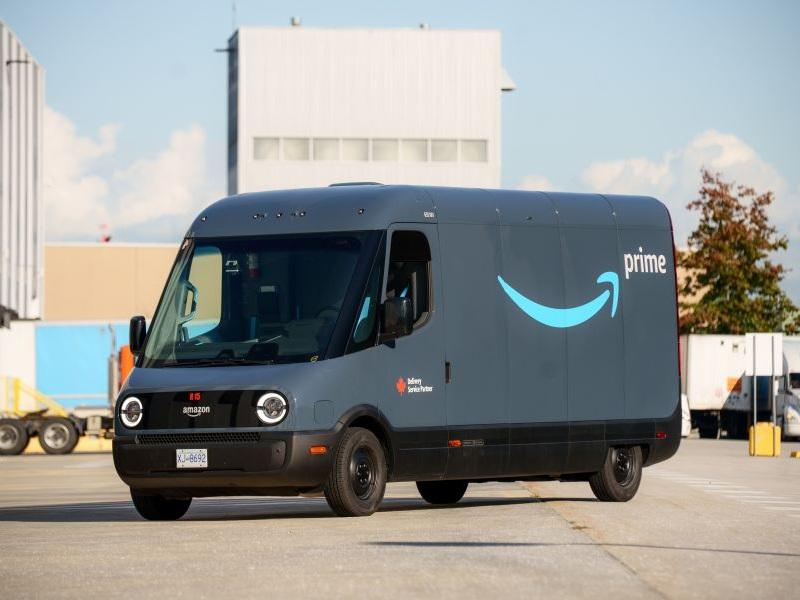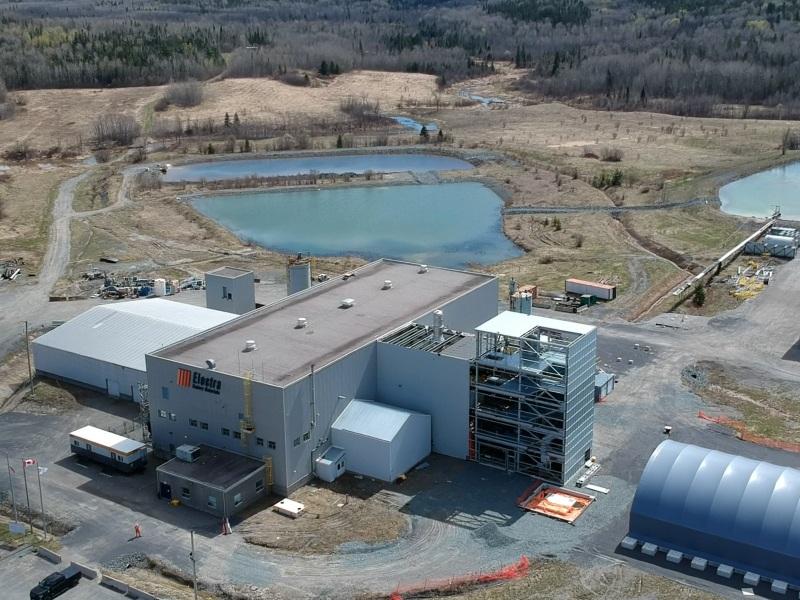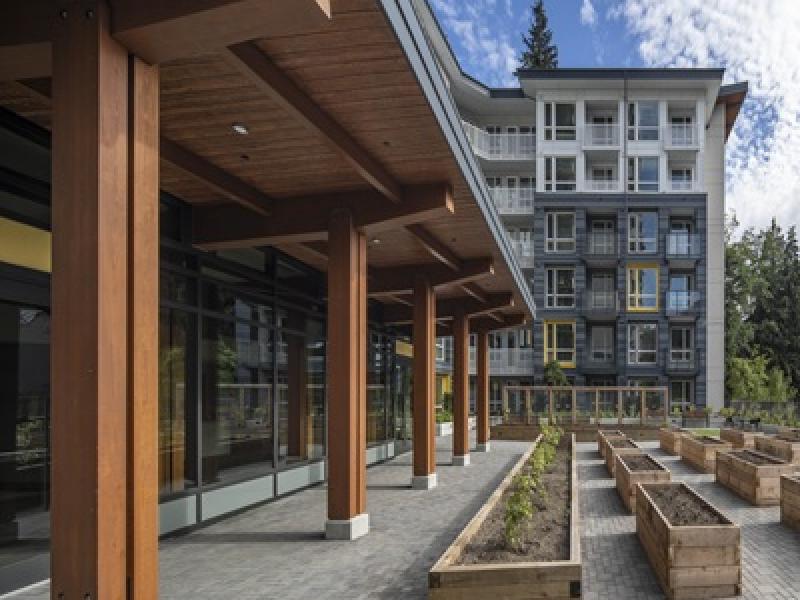
Using a sailboat to move goods sounds utterly ancient today, but Sherbrooke, Que.-based coffee roaster Café William hopes its first load of cargo reviving an ages-old shipping method will play a key part in building a sustainable coffee supply chain.
A cargo sailboat carrying 72,000 kilograms of coffee beans started its voyage on Dec. 18 from the port of Santa Marta in Colombia on a trial run.
Powered by the wind rather than consuming bunker fuel, the sailboat eliminates nearly all the greenhouse gas emissions associated with traditional shipping, Serge Picard, co-owner and manager of Café William, told Sustainable Biz Canada in an interview.
The sailboat is one part of a green logistics supply chain by Café William that Picard hopes will be permanent and join its other sustainability efforts.
“It’s basically throughout our whole process, based on the energy and carbon footprint of the commodity. Looking at every step of the way.”
Sailing over coffee to customers
Café William operates in Canada and the U.S., and has its main roasting facility in Sherbrooke. The company imports coffee from around the world and processed approximately 6.8 million kilograms of coffee in 2023 – a figure that is growing every year, Picard noted.
The emphasis on sustainability comes from the owners’ personal values, and the understanding that coffee is a popular beverage with a high environmental cost, he explained.
Most coffee is consumed far from where it is grown, meaning extensive transportation is needed to reach customers. Even fair-trade organic coffee would not meet net-zero carbon sustainability standards if the beans are moved via bunker-fuel-powered boats, Picard said.
“(We) started this process four, five years ago to try to rethink our business and what the status quo of coffee roasting and importing is, and how as a company we can do our part to start changing that.”
Seeking a solution for its transportation emissions, Café William invested in a Costa Rican organization that is building wooden sailboats. But with a finished product years away, it instead looked into a German company named Timbercoast that charters commercial sailing vessels.
Café William opened communications with Timbercoast and contracted its first shipment of coffee beans on Timbercoast’s Avontuur vessel.
Coffee beans from the ANEI cooperative in northern Colombia are currently en route to the sailboat's final destination of New Jersey Port, with an estimated landing in mid-January.
The coffee beans will then be transported by truck from New Jersey to Café William's Sherbrooke factory. The company says it is awaiting the delivery of two electric trucks from Tesla to ensure more sustainable road transportation of the beans.
Picard said Café William cut almost one tonne of carbon dioxide per container by using a sailboat. The current shipment is equal to four containers.
Despite being an "outdated" form of transportation, Picard said using a sailboat will not result in considerable time-loss compared to a vessel powered by fossil fuels. A sailboat is slower, but it does move more quickly through the port operations.
A back-up motor that runs on biodiesel is on hand, but is rarely needed.
Café William plans to continue the use of sailboats for transporting coffee and has the ambition to transport all of its coffee via zero-emissions means of shipping.
Café William’s sustainable supply chain efforts
The use of a sailboat is one part of Café William’s pledge to provide a sustainable cup of coffee.
The company prioritizes sustainably grown organic coffee.
Its approximately 100,000-square-foot facility in Sherbrooke Regional Industrial Park is targeting LEED certification and to run entirely on hydroelectricity. It is commissioning what Picard says is a first in the world: a commercial-level electric coffee roaster that can roast 300 kilograms of coffee beans at a time.
In addition to the plans to acquire a fleet of electric vehicles, Café William hopes to publish a sustainability report, and develop shelf-stable coffee packaging that is environmentally friendly.
“(There's) no point in giving the best coffee in the world, grown organic fair-trade, put on a sailboat, transported on land energy-efficiently with renewable energy on a Tesla truck, and roasted with hydroelectricity, then you put on a shelf and it goes stale within a week because of the packaging.”










